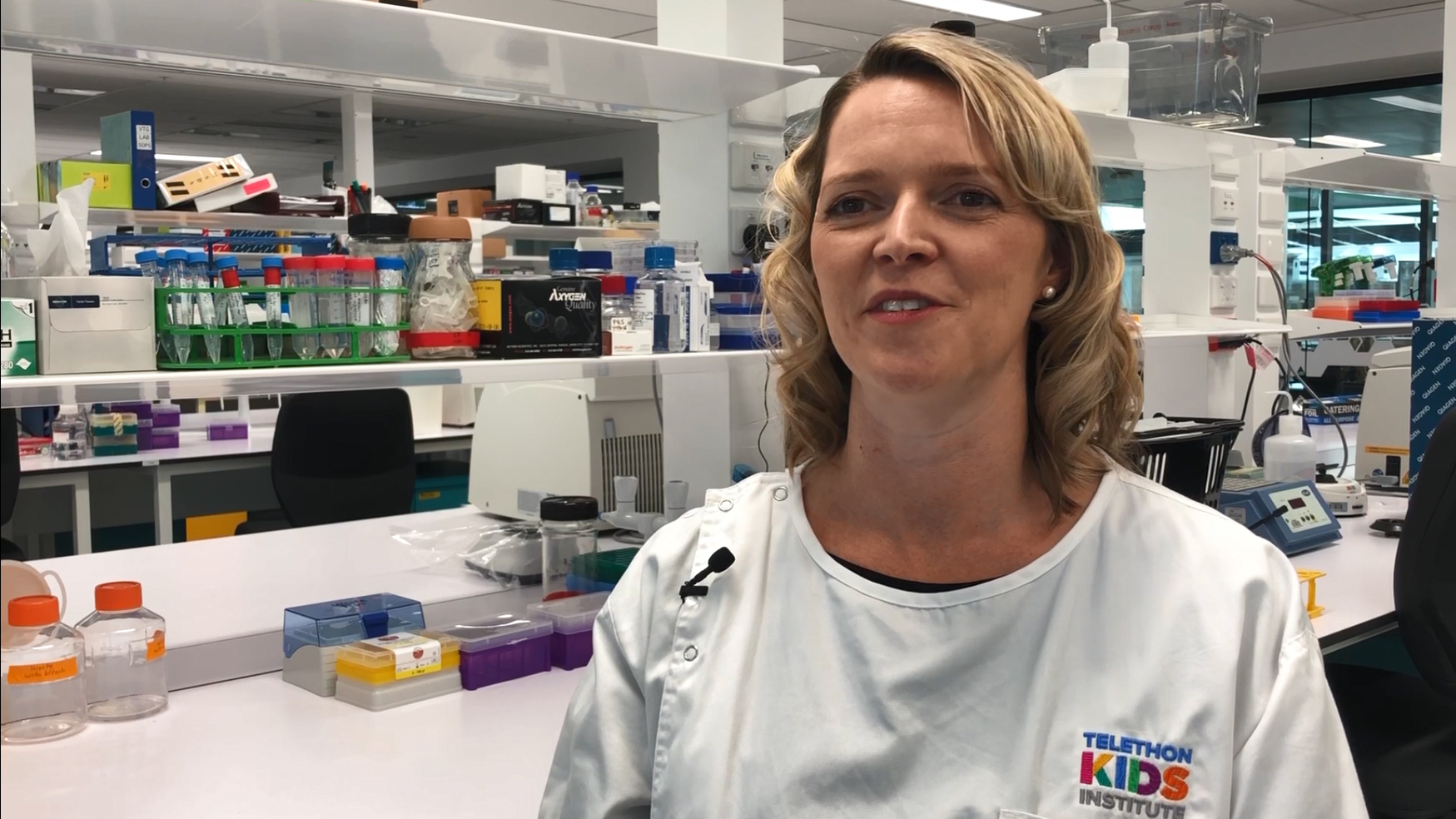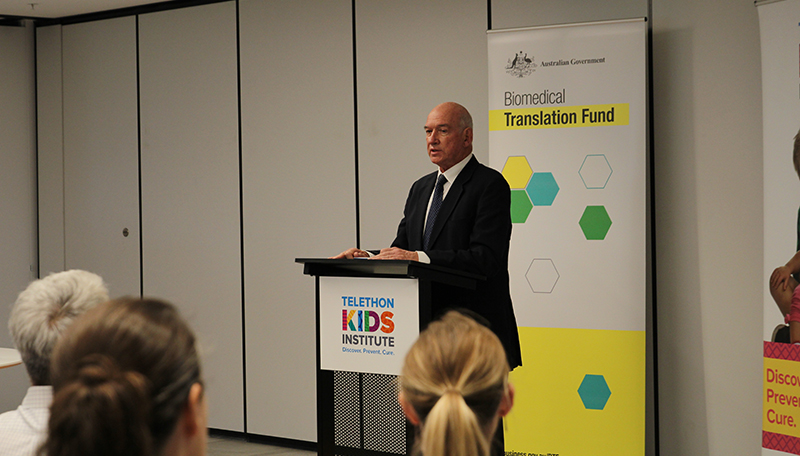Search

News & Events
Helping kids get the most out of schoolProfessor Zubrick and Dr Kirsten Hancock are among several Telethon Kids researchers working through the Life Course Centre.

News & Events
Child removal data fuels case for changeTelethon Kids Institute research revealed Aboriginal children are 10 times more likely than non-Aboriginal children to be placed in out-of- home care.

News & Events
WA-first technique fast tracks urgent vaccine policyAnalysing samples is a vital part of research, providing the answers needed to move forward with innovative new treatments and life- saving vaccines.

News & Events
Thrown in the deep end, Jessica goes it aloneJessica’s young life has been touched by domestic violence, sexual assault, addiction and hospital psychiatric admissions.

News & Events
Landmark folate research recognised as major public health achievementThe Public Health Association of Australia has rated mandatory folate fortification – which led to a dramatic decline in neural tube defects – as one of the top 10 public health achievements of the past two decades.

News & Events
My child is wheezing – what should I do?Almost 50 per cent of preschool children will experience at least one episode of wheeze, a whistling sound produced by the airways during breathing.

News & Events
Researchers identify immune cell that puts cancer to sleepA team of Australian scientists including cancer researchers from The Kids Research Institute Australia have made a crucial breakthrough in understanding how the immune system puts cancer to sleep.

News & Events
My child is being bullied - how do I support them?As a parent, it can be very stressful to learn that your child is being bullied. Our instinct is to protect our children at all costs - but how exactly should we do this?

News & Events
MRCF launches Perth-based biotech developing new treatment for Cystic FibrosisA The Kids Research Institute Australia spin-off company has received $20 million from the Medical Research Commercialisation Fund to develop a promising new therapy for the treatment of Cystic Fibrosis.

News & Events
How to support a friend who has type 1 diabetesClinical psychologist from the Children's Diabetes Centre Dr Keely Bebbington has some top tips on how to support a friend who has type 1 diabetes.
